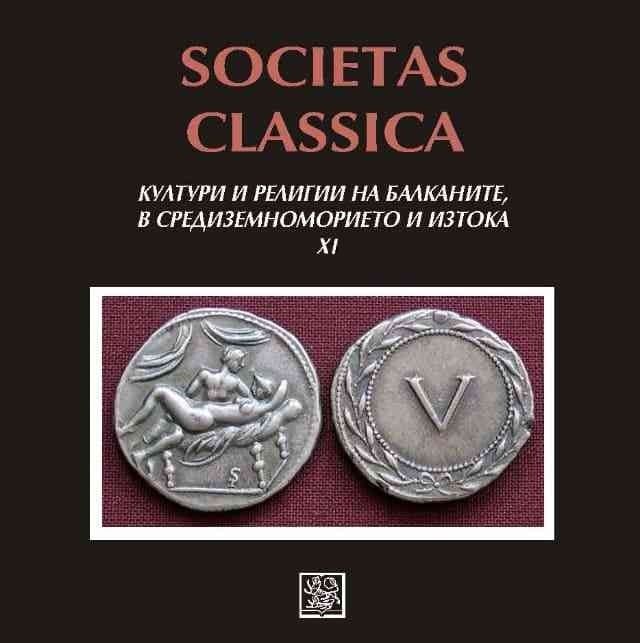За хармонията в древнокитайската култура и в съвременната политика на КНР
On the Harmony in Ancient Chinese Culture and in the Contemporary Policy of the PRC
Author(s): Iskra Mandova
Subject(s): Anthropology, Philosophy, Social Sciences, Political Philosophy, Culture and social structure
Published by: Великотърновски университет „Св. св. Кирил и Методий”
Keywords: harmony; Chinese harmony culture; culture of harmony; harmonious world
Summary/Abstract: The concept 𝐻𝑒 (harmony) is the basis of Chinese traditional culture since ancient times but a number of philosophical and ideological concepts such as “peace”, “benevolence”, “goodwill”, “coherence”, “balance” have been integrated in its meaning. Confucian philosophy imposes state government through virtue (𝐷𝑒); Mozi denies war and military attacks (𝑓𝑒𝑖𝑔𝑜𝑛𝑔) and seeks harmony; Laozi says “govern by inaction (non-interference)” (𝑤𝑢 𝑤𝑒𝑖 𝑗𝑖). Wang Bi believes that inaction means living in harmony with nature, and rulers must adhere to the principle of inaction (𝑤𝑢 𝑤𝑒𝑖), because everything in the world follows its natural course, and through the power of balance with inaction we can enlighten, educate and influence selfish and lustful people. Nowadays the concepts of “harmonious society” and “harmonious world” are guiding principles for international affairs in the modern Chinese policy and diplomacy.
Book: Societas Classica. Култури и религии на Балканите, в Средиземноморието и Изтока. Том 11
- Page Range: 227-233
- Page Count: 7
- Publication Year: 2021
- Language: English, Bulgarian
- Content File-PDF

